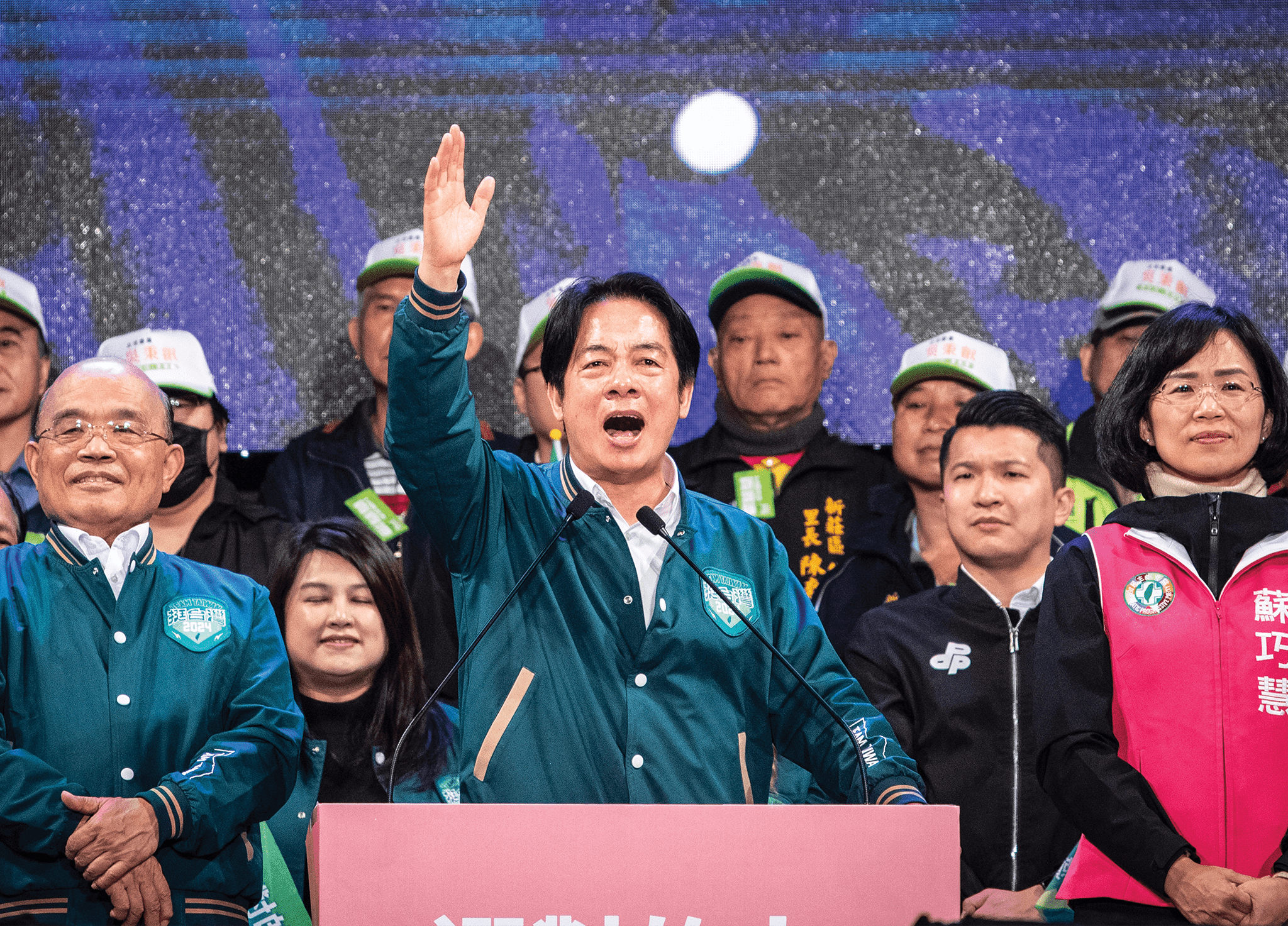Japanese Foreign Minister Yoko Kamikawa released a statement on Saturday congratulating Taiwan’s new president-elect Lai Ching-te (also known as William Lai), while also describing the self-ruled island as “an extremely crucial partner and an important friend.”
China Responds to Japan’s Comments on Taiwan’s New President
Unsurprisingly, this didn’t go down very well with officials in China. The Chinese Embassy in Japan described Kamikawa’s comments as “a serious interference in China’s internal affairs.” Posting on its official WeChat account, it added, “We express strong dissatisfaction and resolute opposition to this and have lodged solemn representations with the Japanese side.”
Several other nations faced the wrath of China for commenting on Lai’s triumph. The U.S. state department congratulated citizens from Taiwan “for once again demonstrating the strength of their robust democratic system and electoral process.” China’s foreign ministry felt this statement, “seriously violated U.S. promises that it would only maintain cultural, economic and other non-official ties with Taiwan.” The Chinese Embassy in the U.K. urged the British government to “stop any words or deeds that interfere in China’s internal affairs,” after foreign secretary David Cameron hailed Taiwan’s “vibrant democracy.”
A “Troublemaker” and “Separatist”
Born to a coal mining family in Northern Taiwan, Lai worked as a doctor specializing in spinal cord damage before turning to politics around three decades ago. He represents the Democratic Progressive Party (DDP), which will now serve for a third consecutive presidential term, the first time a party has done so since democratic elections began in 1996. The government in China has accused the DDP of being a primary force in Taiwan to “prevent the Chinese nation from achieving complete reunification,” while also halting “the process of national rejuvenation.”
Lai himself has been called a “troublemaker” and a dangerous “separatist” by Beijing and has been banned from traveling to mainland China and Hong Kong. He was elected with a plurality of 40.05% ahead of Kuomintang’s representative, Hou Yu-ih (33.49%) and Ko Wen-je from the Taiwan People’s Party. Lai is set to take over from Tsai Ing-wen, who in 2016 became the first female president of Taiwan. He has promised to continue with the policies of his predecessor.









